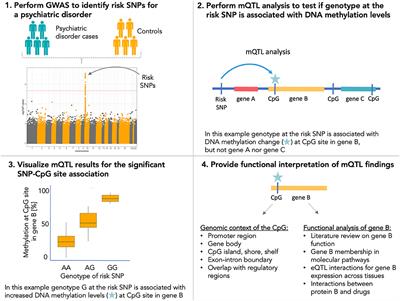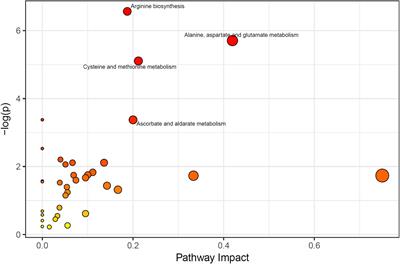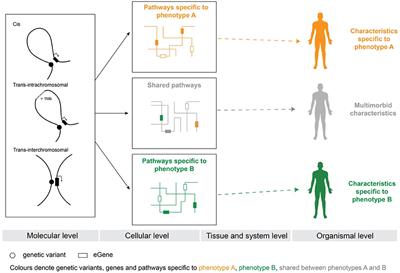ORIGINAL RESEARCH
Published on 31 May 2021
Increased Hypocretin (Orexin) Plasma Level in Depression, Bipolar Disorder Patients

doi 10.3389/fpsyt.2021.676336
- 3,646 views
- 24 citations
7,059
Total downloads
24k
Total views and downloads
ORIGINAL RESEARCH
Published on 31 May 2021

SYSTEMATIC REVIEW
Published on 31 May 2021

MINI REVIEW
Published on 01 Apr 2021

ORIGINAL RESEARCH
Published on 23 Mar 2021

ORIGINAL RESEARCH
Published on 15 Dec 2020

ORIGINAL RESEARCH
Published on 23 Oct 2020

